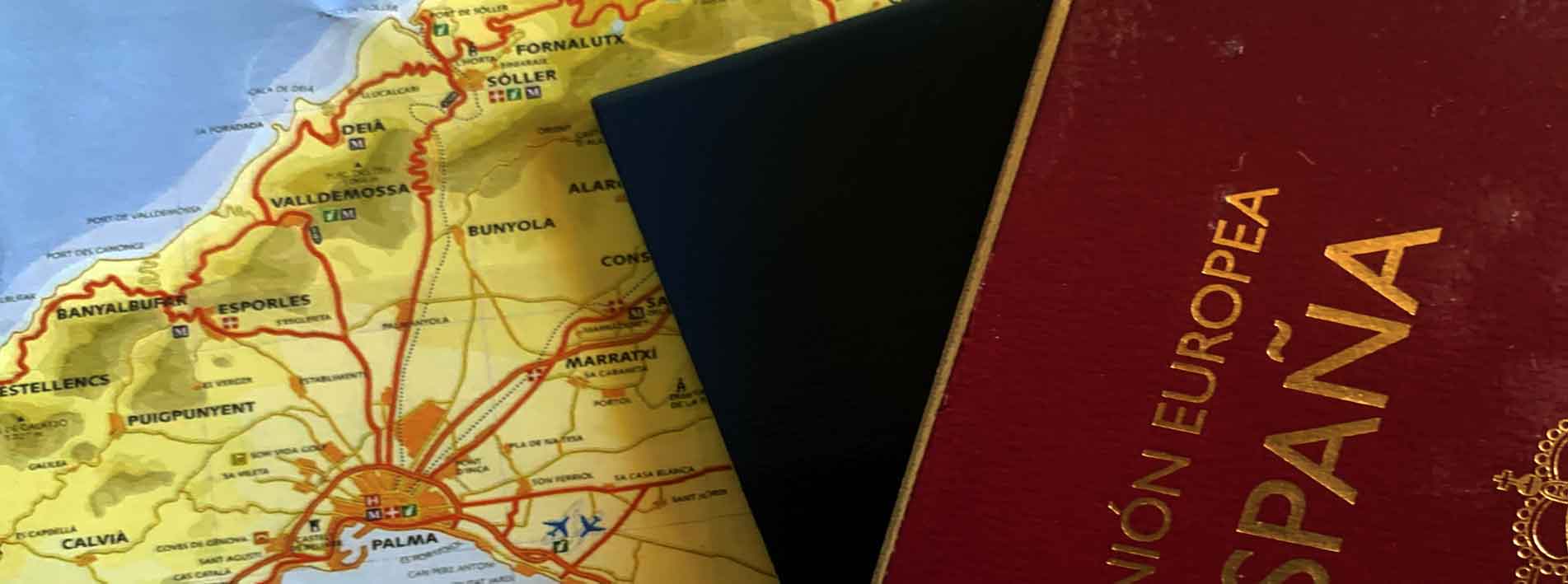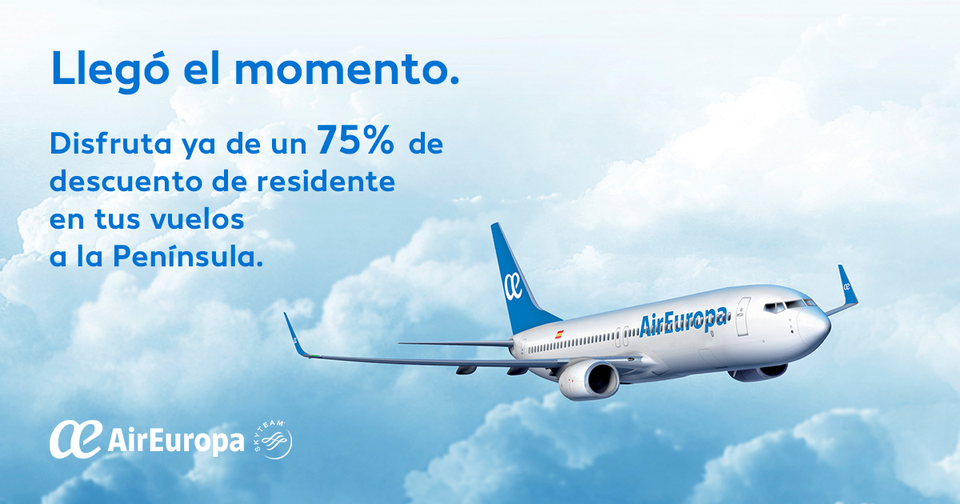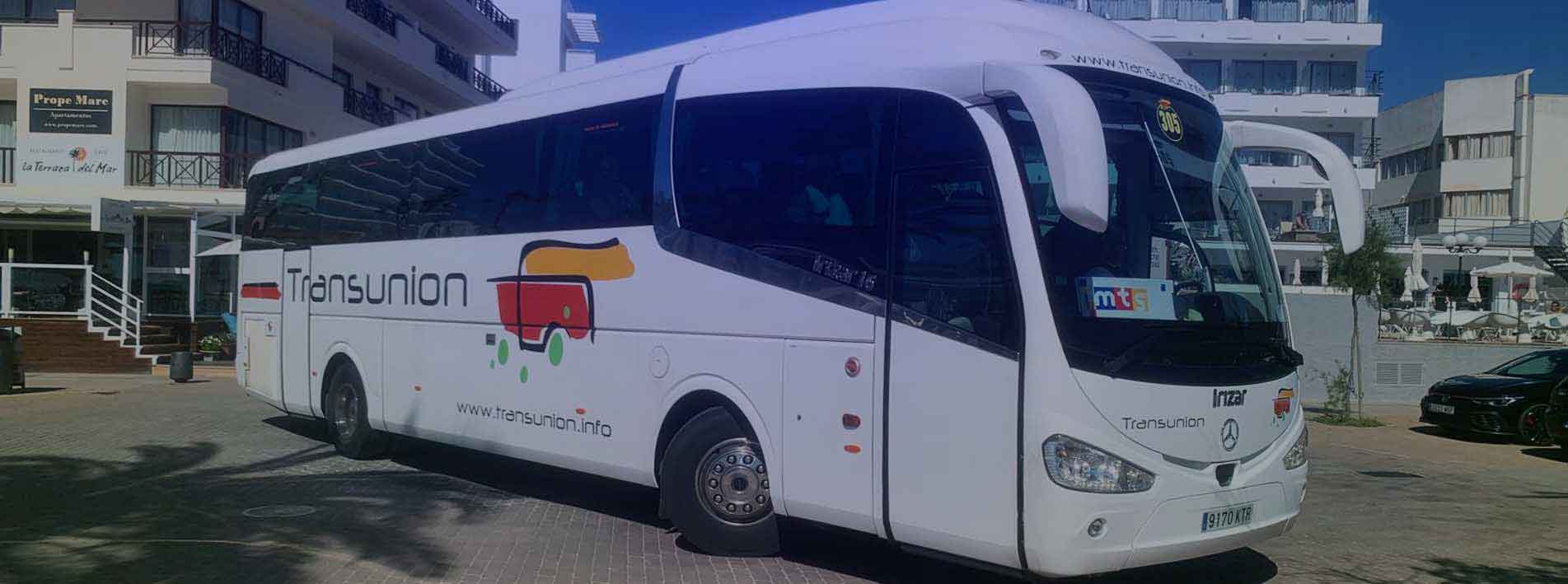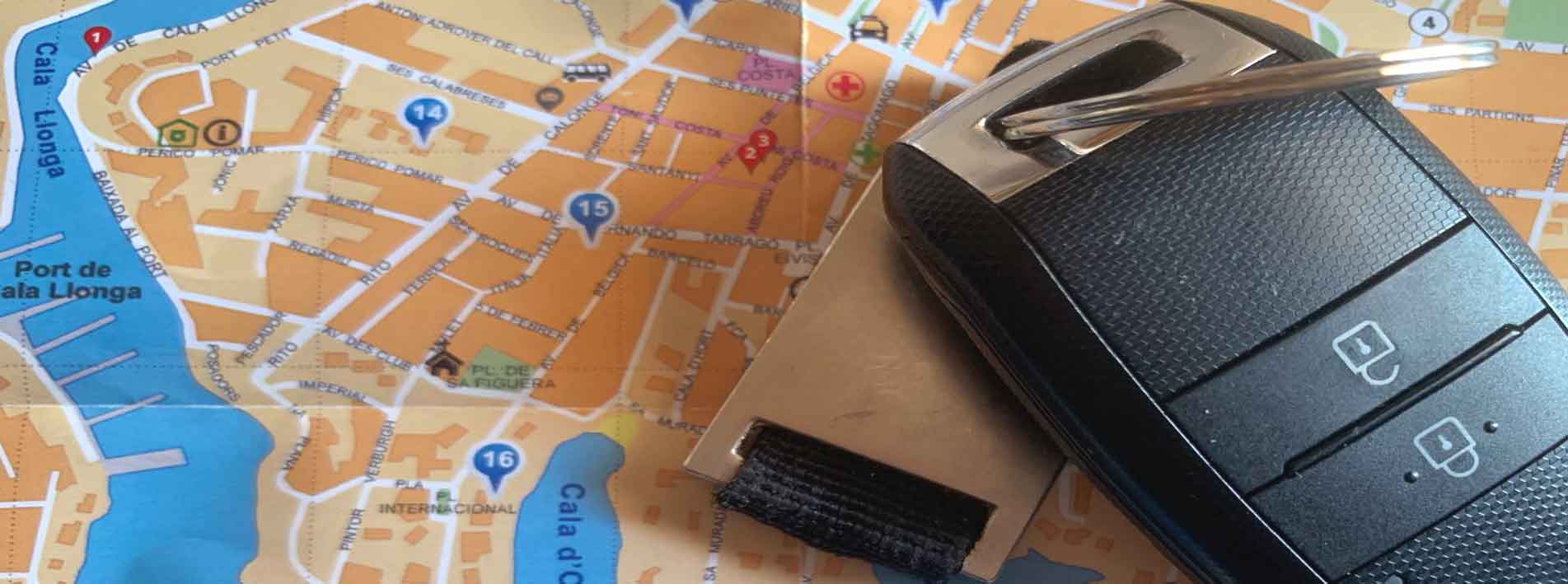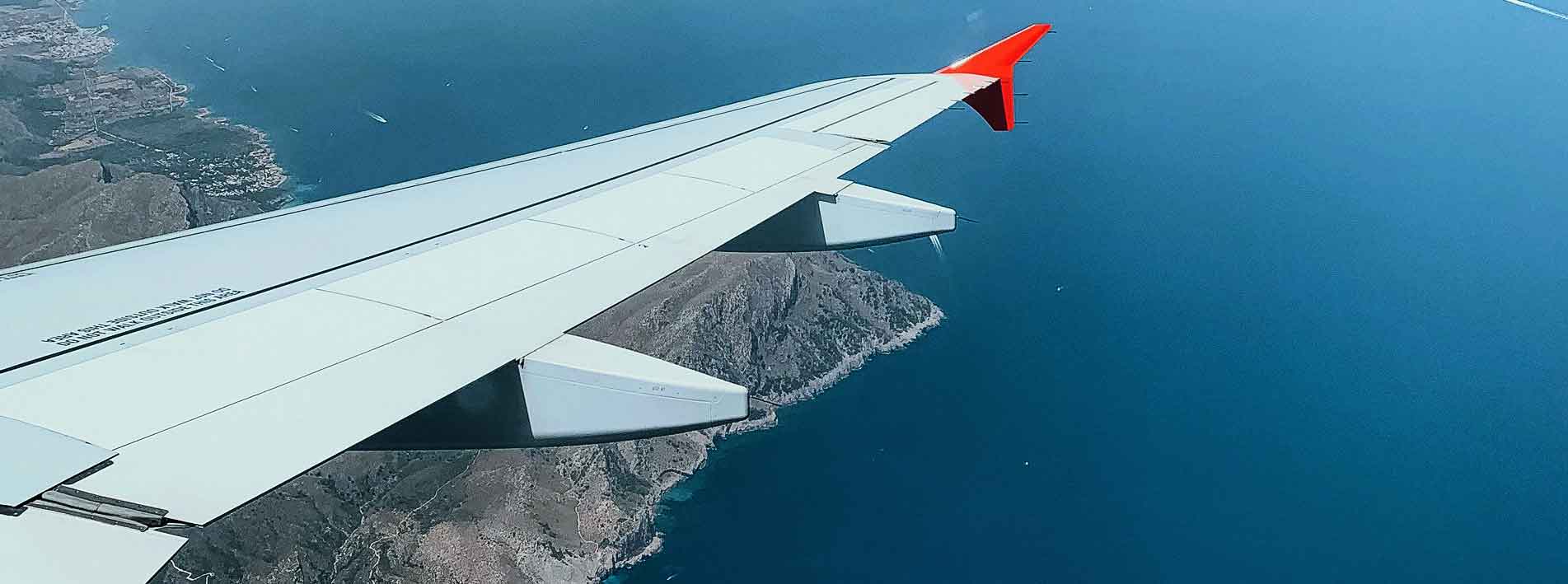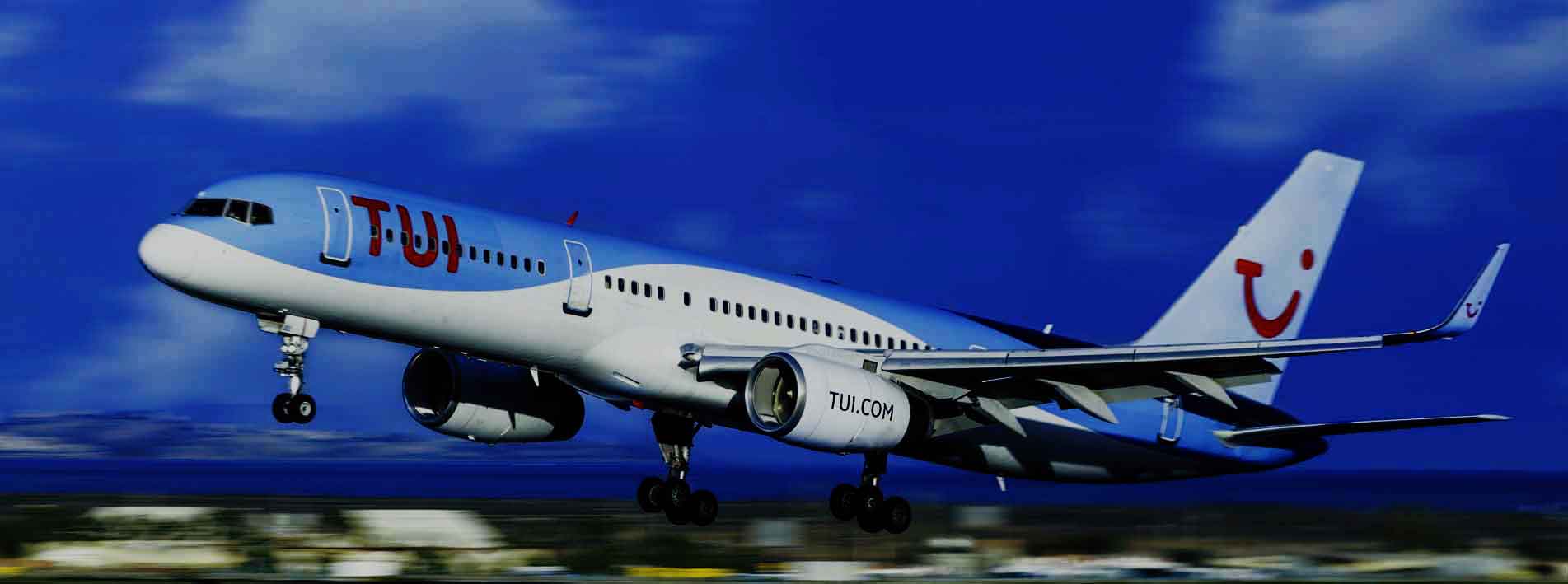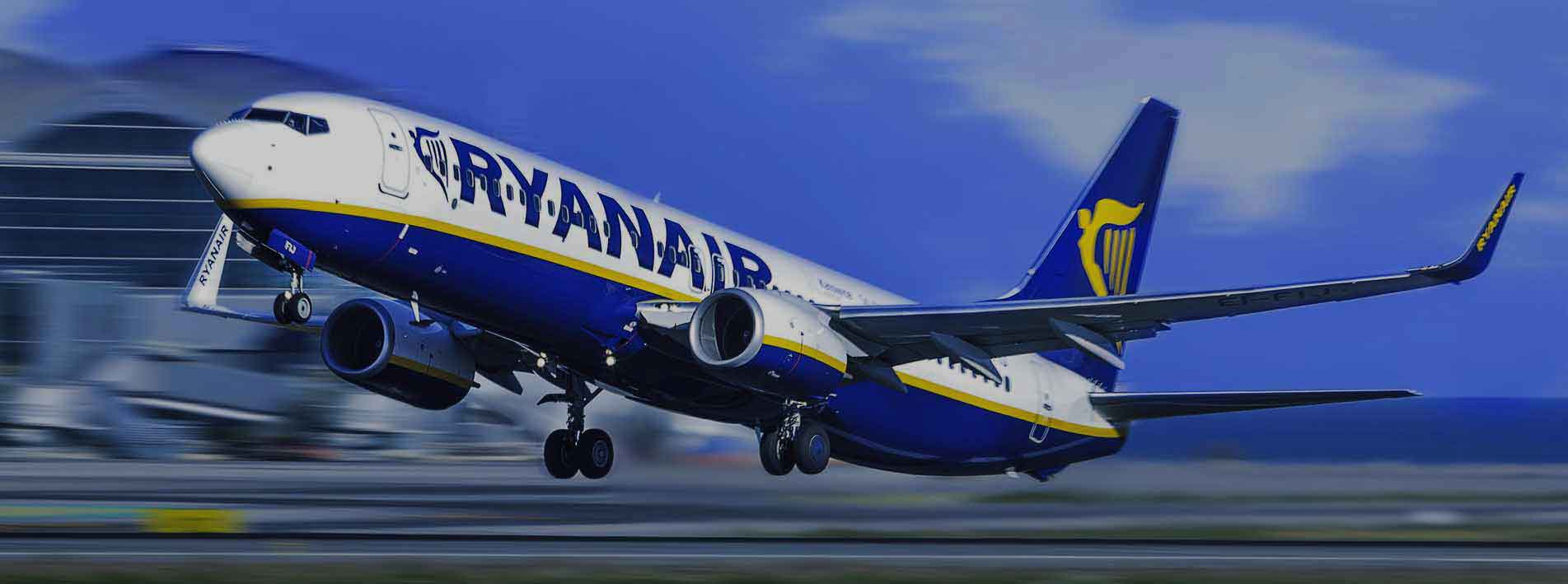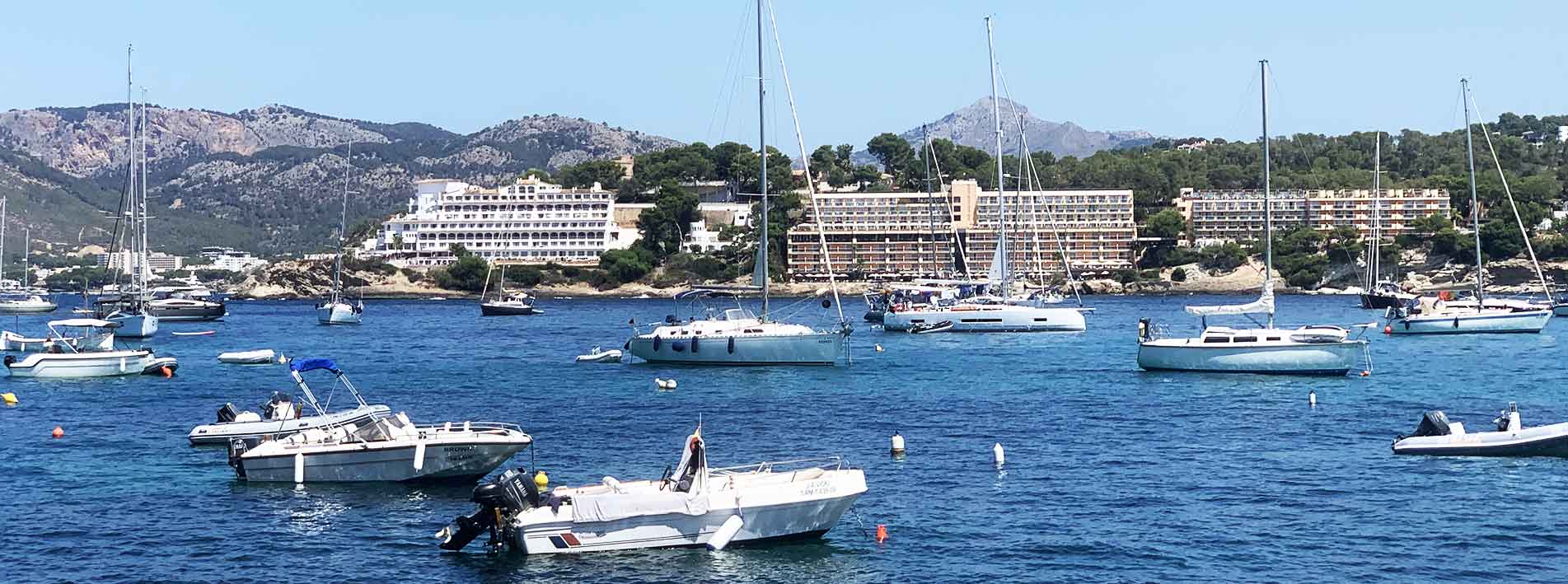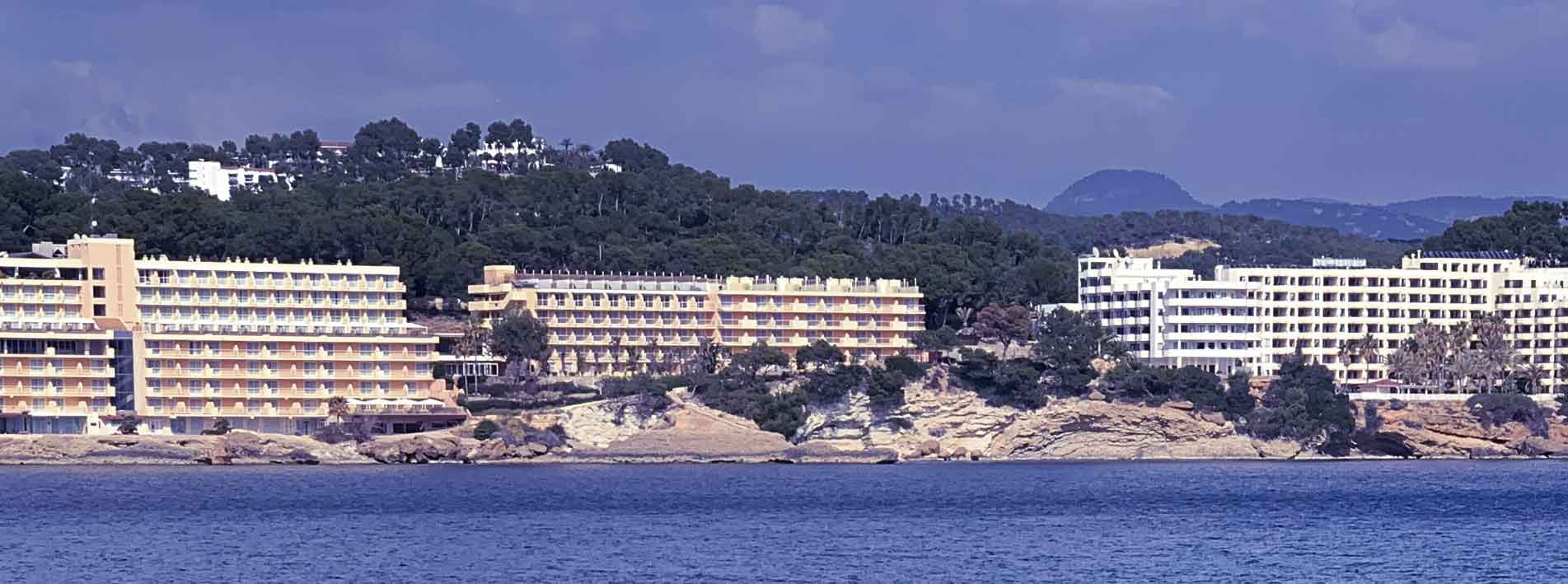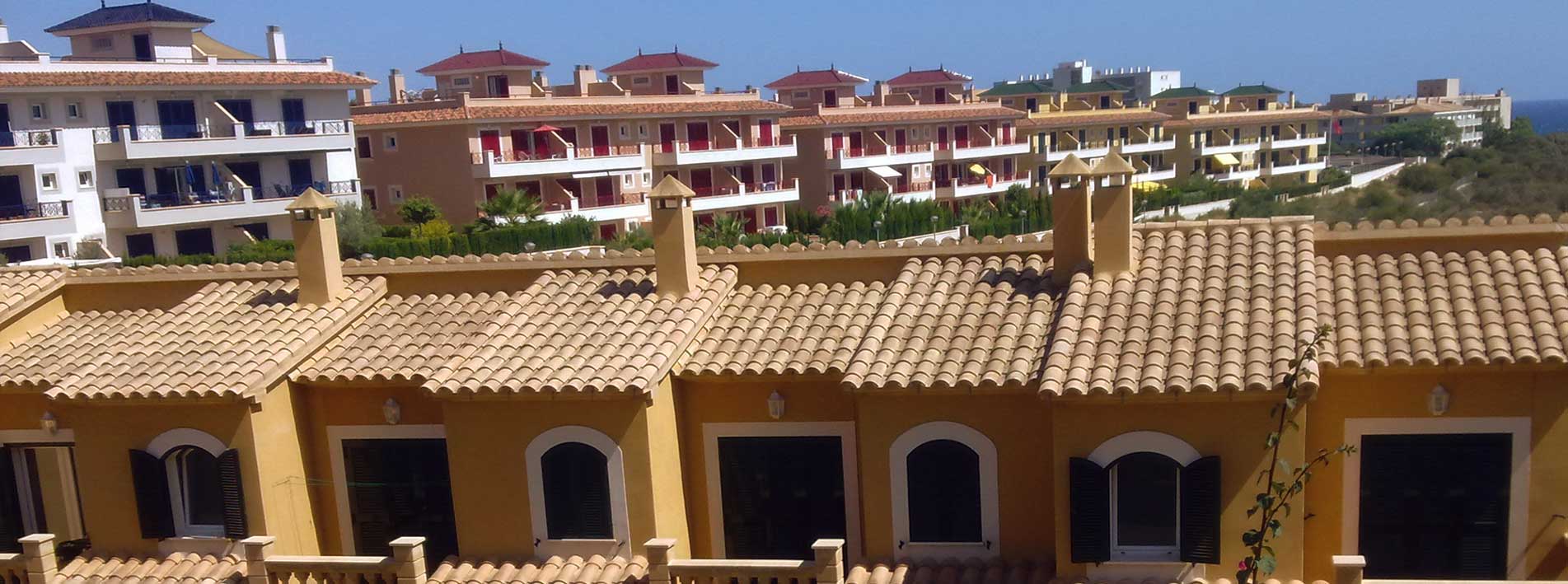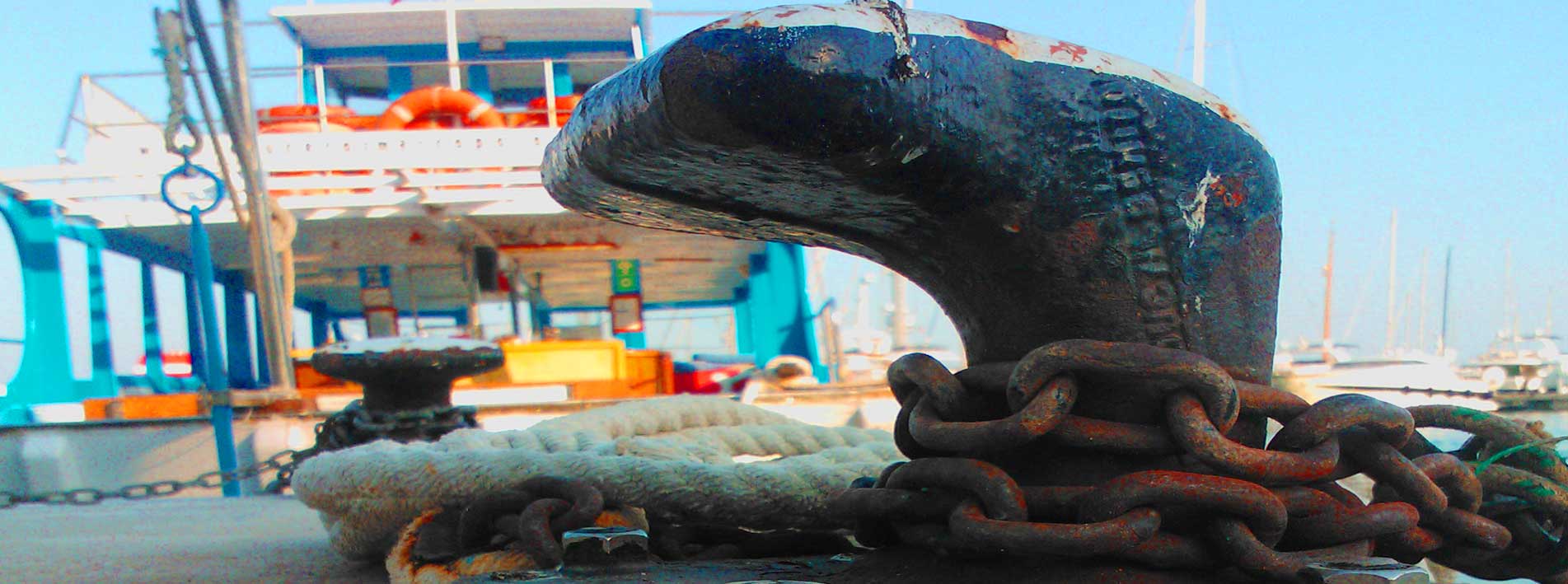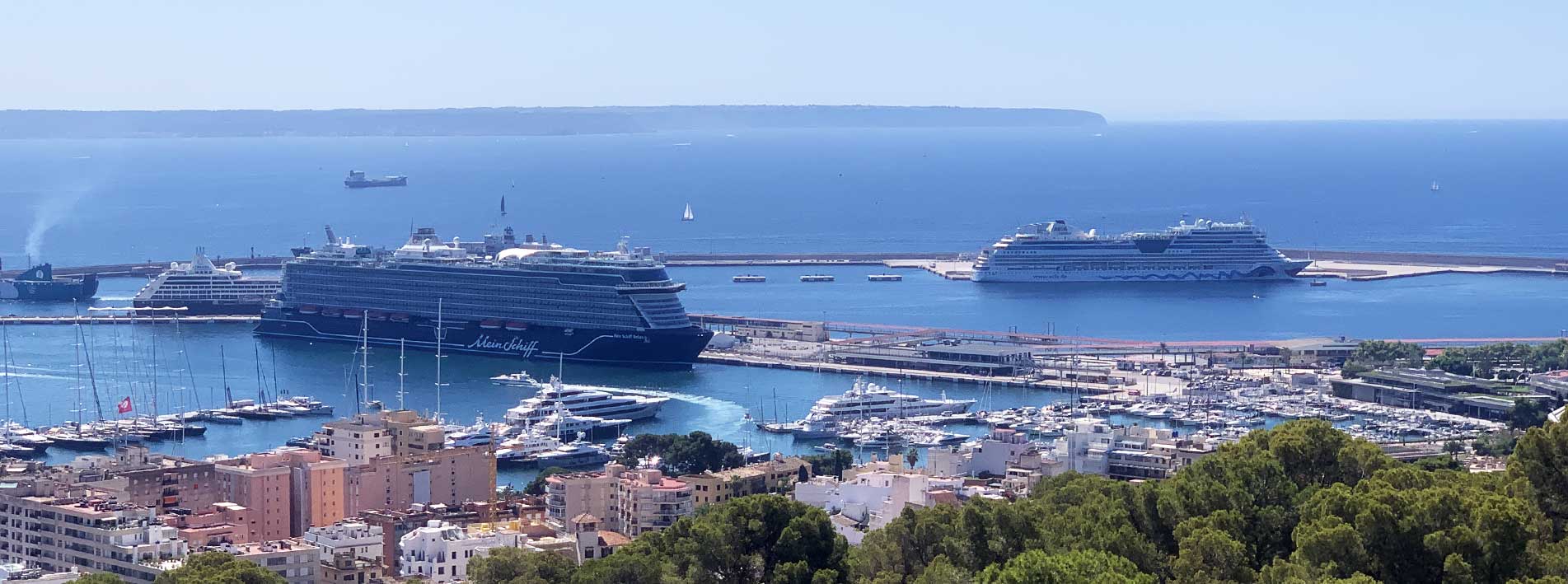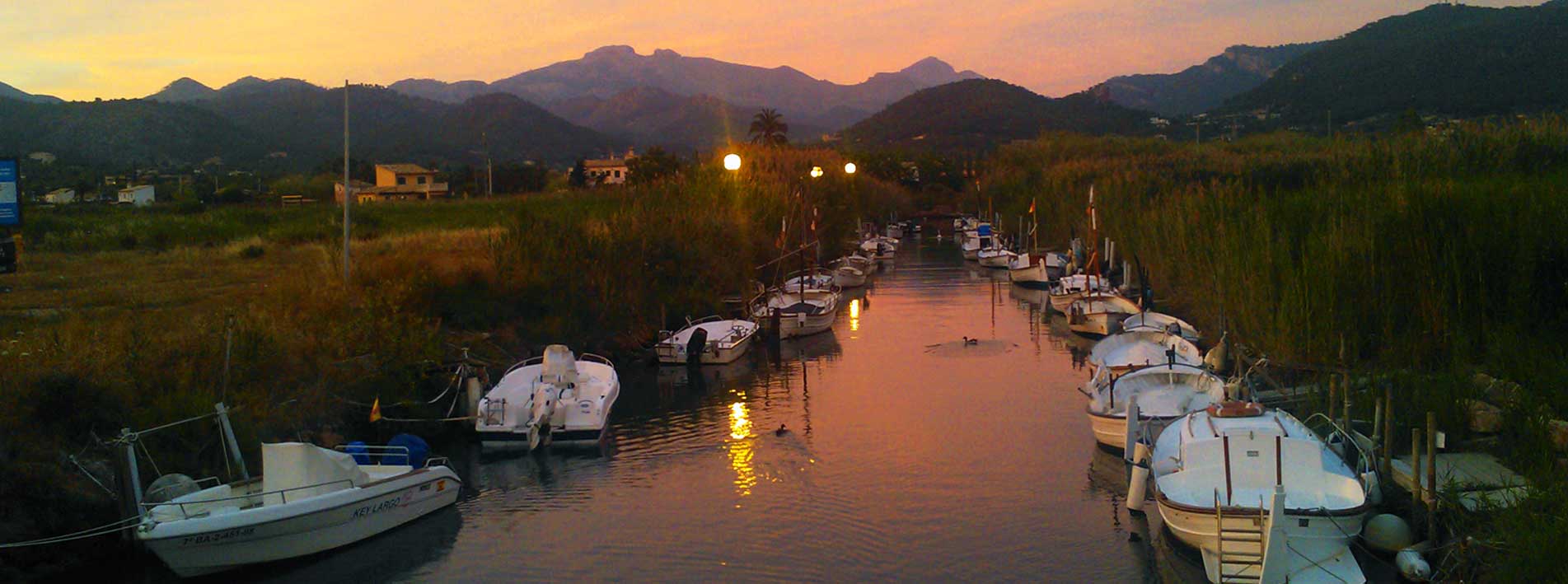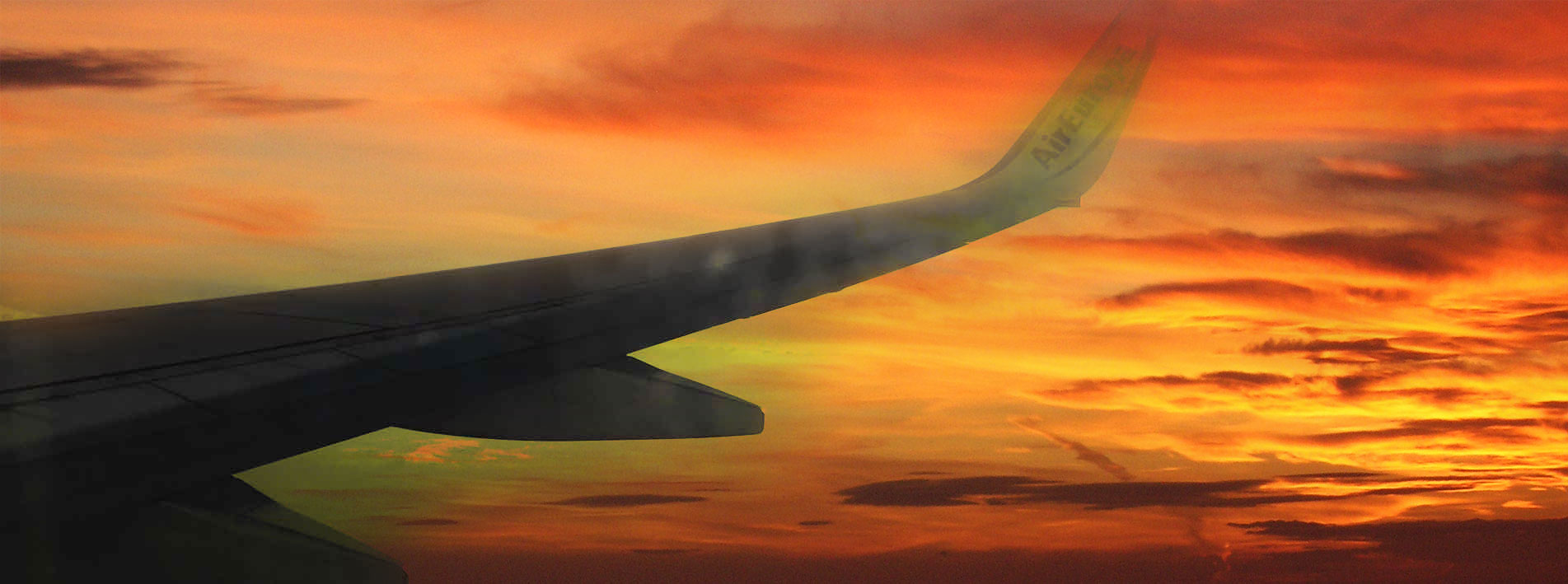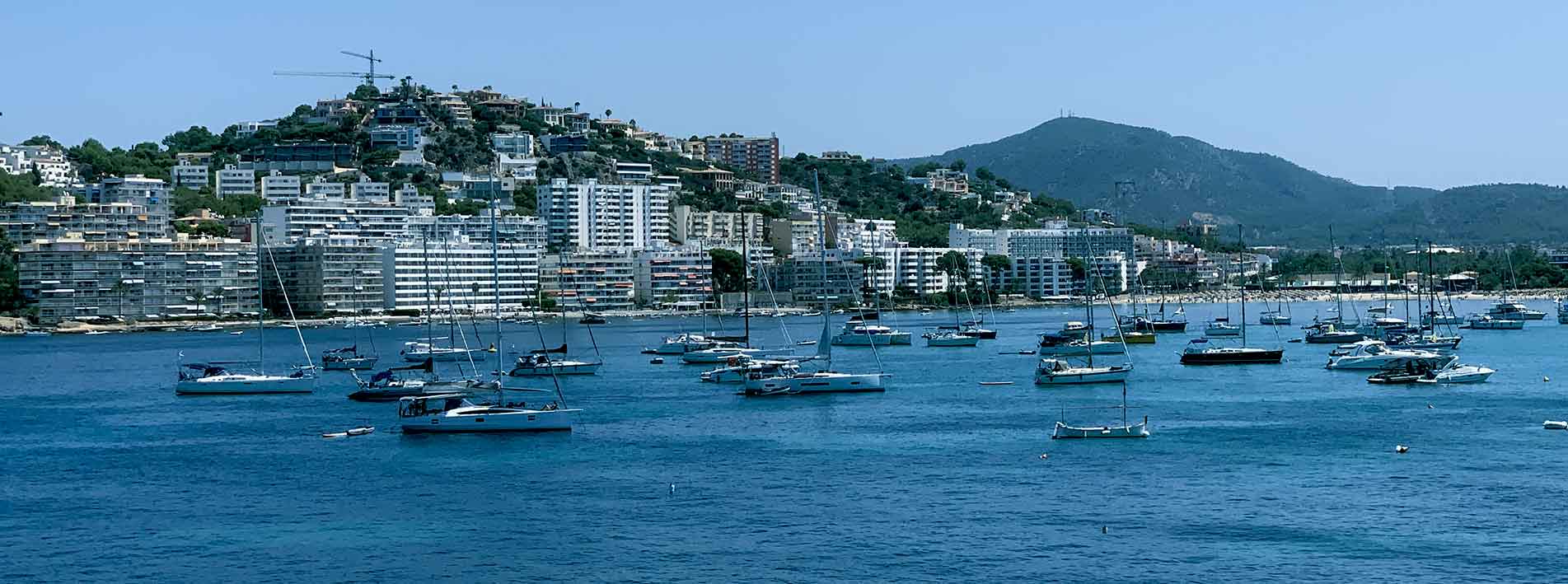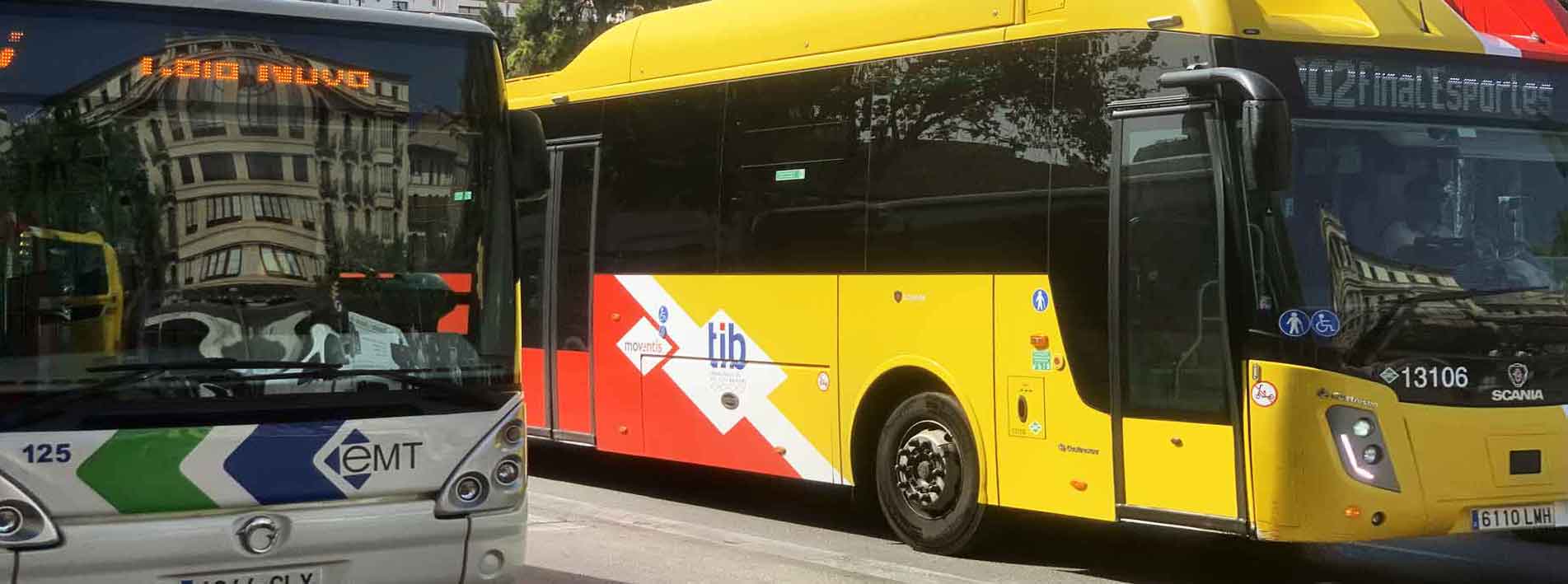Documentation required to travel to Mallorca
Requirements and documents needed to travel to Mallorca
Traveling to Mallorca is very easy. In fact, Palma de Mallorca Airport handles dozens of flights daily throughout the year. Tourist influx increases significantly during the summer, but traveling to Mallorca is not a problem. Visitors arrive on direct flights from major cities in Europe and other parts of the world. Mallorca imposes no special restrictions on access to its territory.
One of Mallorca’s distinctive features as a tourist destination is its safety. Considered one of the safest holiday destinations in the world, Mallorca is often the ideal setting for enjoying an excellent vacation. To enter Mallorca, you only need to meet a few requirements and carry minimal documentation, which we will explain below.
Necessary documentation and requirements for traveling to Mallorca (from Schengen Area member countries)
As you know, the Schengen Area is an area without internal border controls (except in exceptional cases). Therefore, travelers with nationality in European Union countries that are part of the Schengen Area can travel to Mallorca by presenting only their identity documents and/or passports (both documents must be valid and free of defects in form or content).
Which countries are part of the Schengen Area?
The Schengen area is made up of 29 countries, which are listed below:
Austria, Belgium, Bulgaria, Croatia, Czech Republic, Denmark, Estonia, Finland, France, Germany, Greece, Hungary, Iceland, Italy, Latvia, Liechtenstein, Lithuania, Luxembourg, Malta, Netherlands, Norway, Poland, Portugal, Romania, Slovenia, Slovakia, Spain, Sweden and Switzerland.
In summary (Required documentation for travel to Mallorca): if you are a citizen of one of these countries, you only need these documents to travel to Mallorca: passport or national identity card.
Requirements for traveling to Mallorca without a visa (from third countries)
Some citizens of third-country nationality do not require a visa to enter Spanish territory and, of course, these citizens can travel to Mallorca without applying for a visa. Below is a list of those countries whose nationals are exempt from the visa requirement to cross the external borders not only of Mallorca, but also of Spain (always for visits of less than 3 months). Please see the endnotes for details on each specific case:
Albania(2), Andorra, Antigua and Barbuda, Argentina, Australia, Bahamas, Barbados, Bosnia and Herzegovina(1), Brazil, Brunei Darussalam, Canada, Chile, Colombia, Costa Rica, Dominica, El Salvador, Georgia(2), Grenada, Guatemala, Honduras, Israel, Japan, Kiribati, Macedonia, The former Yugoslav Republic, Malaysia, Marshall Islands, Mauritius, Mexico, Micronesia, Moldova(2), Monaco, Montenegro(2), Nicaragua, New Zealand, Palau, Panama, Paraguay, Peru, Solomon Islands, Samoa, Saint Kitts and Nevis, San Marino, Saint Lucia, Saint Vincent and the Grenadines, Serbia(2)(4), Seychelles, Singapore, South Korea, East Timor, Tonga, Trinidad and Tobago, Tuvalu, Ukraine(2), United Arab Emirates, United States of America, Uruguay, Vanuatu, Venezuela, Hong Kong SAR Kong(5), Macau (6), Taiwan(8)
In summary: If you are a national of one of the above countries, you do not need to be in possession of a visa to travel to Mallorca.
Visa and documentation required to travel to Mallorca
All other citizens will need a valid visa to enter Spanish territory and, of course, to travel to Mallorca. Below is a list of third countries whose nationals are required to present a valid visa to cross external borders. Please read the endnotes carefully for details on each specific case.
Afghanistan, Algeria, Angola, Armenia, Azerbaijan, Bangladesh, Bahrain, Belize, Benin, Belarus, Burma/Myanmar, Bolivia, Botswana, Burkina Faso, Burundi, Bhutan, Cape Verde, Cambodia, Cameroon, Central African Republic, Chad, China, Comoros, Congo, Democratic Republic of the, North Korea, Ivory Coast, Cuba, Dominican Republic, Ecuador, Egypt, Eritrea, Eswatini, Ethiopia, Philippines, Fiji, Gabon, Gambia, Ghana, Guinea, Guinea-Bissau, Equatorial Guinea, Guyana, Haiti, India, Indonesia, Iraq, Iran, Jamaica, Jordan, Kazakhstan, Kenya, Kyrgyzstan, Kuwait, Laos, Lesotho, Lebanon, Liberia, Libya, Madagascar, Malawi, Maldives, Mali, Mauritania, Mongolia, Morocco, Mozambique, Namibia, Nepal, Niger, Nigeria, Oman, Pakistan, Papua New Guinea, Qatar, Rwanda, Russia, Sao Tome and Principe, Senegal, Sierra Leone, Syria, Somalia, Sri Lanka, South Africa, Sudan, South Sudan, Suriname, Thailand, Tanzania, Tajikistan, Togo, Tunisia, Turkmenistan, Turkey, Uganda, Uzbekistan, Vietnam, Yemen, Djibouti, Zambia, Zimbabwe, Kosovo(1), Palestinian Authority
Notes:
1- As defined in United Nations Security Council Resolution 1244 of 10 June 1999.
2- The exemption from the visa requirement applies only to holders of biometric passports.
3- Except for British nationals who do not have the status of nationals of the United Kingdom of Great Britain and Northern Ireland under Union law:
British Nationals (Overseas)
British Overseas Territories Citizens (BOTC) (7)
British Overseas Citizens (BOC)
British Protected Persons (BPP)
British Subjects (BS)
4. Excluding holders of Serbian passports issued by the Serbian Coordination Directorate (Koordinaciona uprava).
5. The visa exemption applies only to holders of the “Hong Kong Special Administrative Region” passport.
6. The visa exemption applies only to holders of the “Região Administrativa Especial de Macau” passport.
7. These territories include Anguilla, Bermuda, the British Antarctic Territory, the British Indian Ocean Territory, the British Virgin Islands, the Cayman Islands, the Falkland Islands, Gibraltar, Montserrat, the Pitcairn Islands, Saint Helena, Ascension and Tristan da Cunha, South Georgia and the Turks and Caicos Islands.
8. The visa exemption for entry into the European Union applies only to holders of a passport issued by Taiwan that contains an identity document number.
Sources:
Ministry of Foreign Affairs of the Government of Spain
European Council

